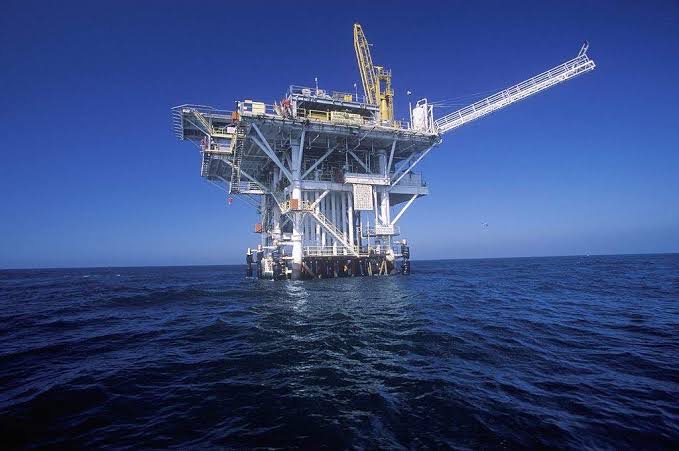Turkey has signed an agreement granting it exclusive rights to explore and produce hydrocarbons in three blocks in Somalia, strengthening a relationship that began several months ago.
Under the agreement, Turkey will explore each of the blocks, which represent a combined area of 5,000 square kilometers.
On Thursday, the Turkish energy and natural resources minister, Alparslan Bayraktar, attended a ceremony to mark the signing of the Hydrocarbon Exploration and Production Agreement held in Istanbul, along with the Somalian petroleum and mineral resources minister, Abdirizak Omar Mohamed.
Bayraktar said in a statement that we are “sending the Oruç Reis ship to this region at the end of September, early October.”
The Turkish research vessel, owned by the General Directorate of Mineral Research and Exploration in Ankara, will carry out research for a few months to identify exploration, drilling, and oil discoveries, the minister added.
It will carry a 50-person crew along with five support vessels to Somalia, in what Bayraktar described as a “historic step” for both countries.
Abdirizak Omar Mohamed said once production starts, “it will be beneficial for both countries. It will also help the relationship between the two countries as well.”
In March, Turkey signed an initial cooperation agreement with Somalia pertaining to the exploration and development of offshore oil and natural gas.
Speaking on social media platform X at the time, Bayraktar said that with “this agreement, we will carry out joint activities to bring the resources of Somalia to the Somali people. We aim to strengthen Turkey’s presence in the Horn of Africa with new collaborations in the field of energy.”
Earlier this week, Turkey also signed a declaration of intent with Niger to cooperate in oil and gas production. The decision was reached after a series of high-level meetings between Turkish and Nigerian officials in Niamey.
According to the think tank Carnegie Europe, Turkey is one of the world’s top energy consumers. Between 2001 and 2021, Turkey’s overall energy consumption more than doubled, making it the country with the fastest-growing energy demand in the Organisation for Economic Co-operation and Development (OECD).
Official government data indicate that electricity demand in Turkey will increase by 55% by 2050. In 2021, 84% of Turkey’s energy supply came from coal, natural gas, or oil, highlighting a continued dependence on fossil fuels.

